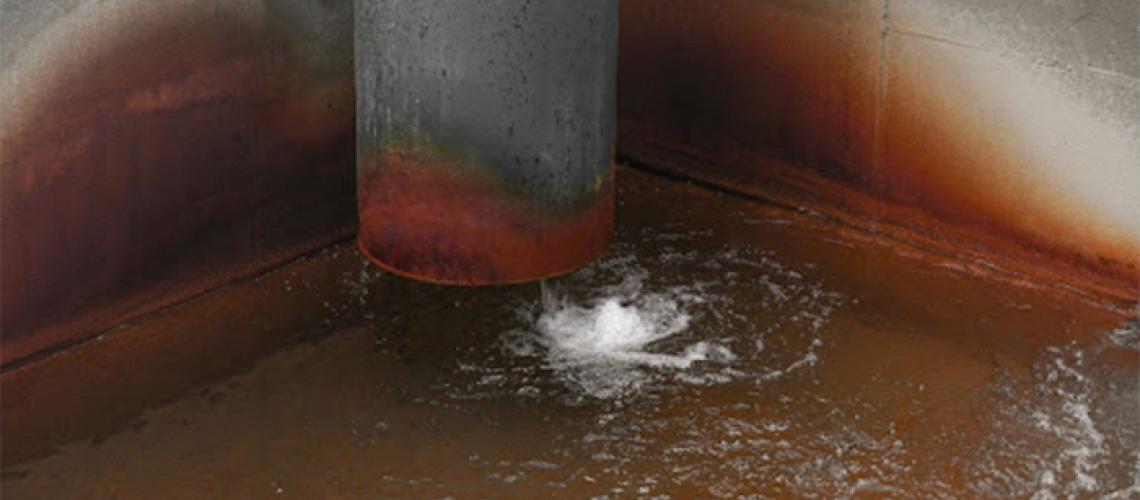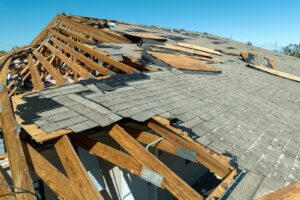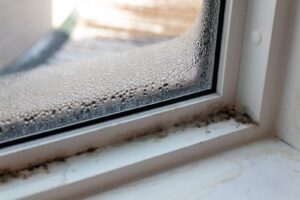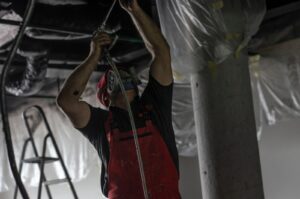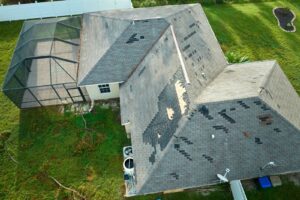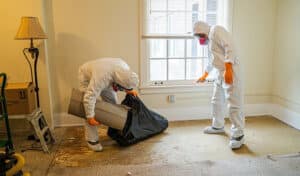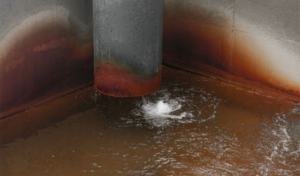Dealing with a sewer backup is a homeowner’s worst nightmare, bringing inconvenience, potential health hazards, and significant property damage. Understanding what causes these unpleasant incidents is your first line of defense in preventing them.
Many factors lead to sewer system failures, from common blockages to issues with aging infrastructure. This blog dives deep into the top causes of sewer backups and provides practical advice on how to avoid these messy and often costly situations.
Whether you’re a new homeowner or have been in your house for years, the following insights will help you maintain a clean and functioning sewer system, safeguarding your home from the disruption and distress that backups cause.
Common causes of sewer backups
Tree roots
While trees are beautiful and provide shade, they seriously threaten your home’s sewer lines. The roots of large trees may infiltrate underground pipes in their search for moisture, warmth, and nutrients.
Over time, these roots grow and cause blockages, leading to sewage backups. To prevent this, regularly inspect your sewer lines for any signs of root intrusion.
Grease buildup
Pouring grease down the drain may seem harmless, but it quickly becomes a disaster waiting to happen. Grease solidifies as it cools down, creating a sticky substance that clings to the inside of your pipes.
Over time, this buildup restricts the flow of wastewater, causing blockages and eventually leading to sewer backups. To avoid this, always dispose of cooking grease in a sealed container and throw it in the trash once it solidifies.
Flushing the wrong items
Flushing items down the toilet that are not meant to be there can cause significant problems in your sewer system. Items such as baby wipes, sanitary pads, dental floss, and even cotton swabs will accumulate in the pipes, creating blockages.
Educate everyone in your household about what can and cannot be flushed down the toilet to prevent sewage backups. Installing a small waste bin in your bathroom will also discourage flushing inappropriate items.
Collapsed pipes
Over time, pipes can sag or collapse from ground movement, aging, or improper installation. These collapsed pipes create low areas where solid waste and debris may accumulate, leading to blockages and backups.
If you notice slow drains, gurgling noises, or foul odors coming from your sewer system, it may indicate a potential problem with your pipes. Have a professional plumber inspect your pipes to ensure their structural integrity.
Heavy rainfall
While we cannot control the weather, heavy rainfall puts an immense strain on sewer systems. When the volume of water entering the sewers exceeds their capacity, backups occur.
To prevent backups during heavy rainfalls, ensure your gutters and downspouts are clear of debris, directing water away from your home’s foundation. Additionally, consider installing a sump pump in your basement to help remove excess water and prevent flooding.
Lateral line blockages
A lateral line is a sewer pipe that connects your home to the main sewer line. If one of your neighbors has a backup or blockage in their lateral line, it can affect your sewer system, too. Lateral line blockages are often caused by the abovementioned factors, such as tree roots or flushing inappropriate items.
To prevent this, communicate with your neighbors about proper sewer maintenance and address any issues promptly to avoid backups.
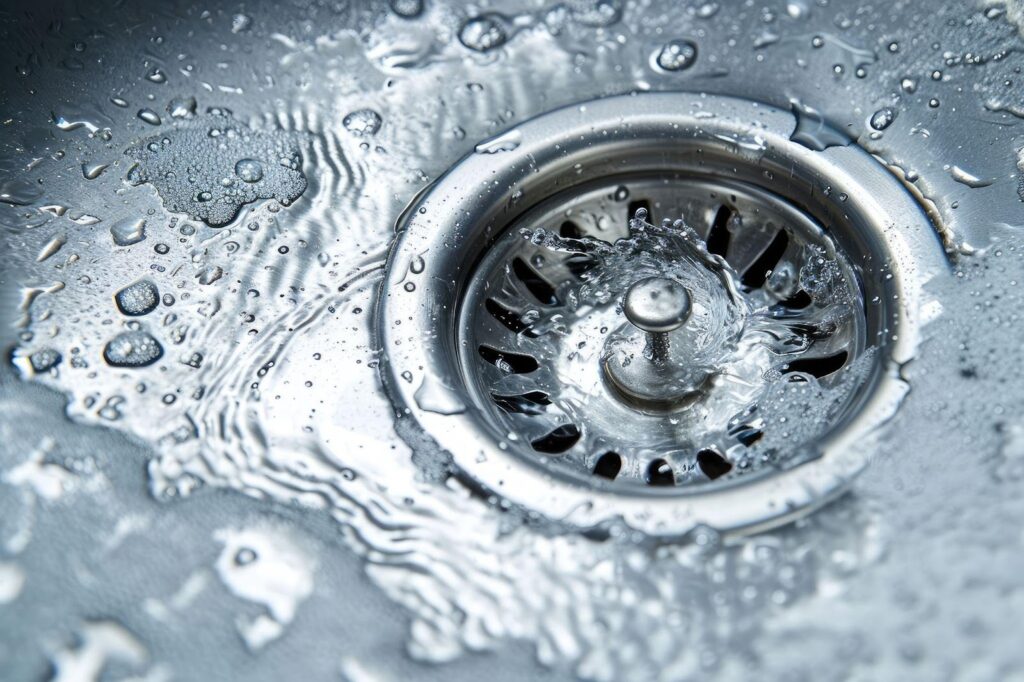
Recognizing early warning signs
Sewage backups are an absolute nightmare. They cause significant damage to your property and can be a major health hazard. As responsible homeowners, it is crucial to be aware of the early warning signs of a looming sewer backup.
Slow drainage
If you notice water draining longer than usual, it could indicate a blockage in your sewer line.
Foul odors
Have you noticed a foul, sewage-like odor in or around your home? This unpleasant smell is often an early indicator of a sewer backup. The backup could be due to a clog in the sewer line, causing the sewage to release noxious gases that find their way into your living spaces.
Multiple plumbing fixtures backing up
What would you do if your toilet, sink, and shower all started to overflow simultaneously? This scenario is a clear indication of a sewer backup. When multiple plumbing fixtures are affected, it suggests that the problem lies deeper within the sewer system.
In such cases, it’s essential to call a professional plumber immediately to assess the situation and prevent further damage.
Unusual water levels in toilet bowls
Check your toilet bowls for abnormal water levels. If you notice that the water level is lower or higher than usual, it could indicate a problem with your sewer system. Low water levels might imply a blockage, whereas high water levels could suggest a backup is imminent. Acting quickly will help you avoid a messy and unsanitary situation.
Strange sounds
Are you hearing strange gurgling or bubbling noises coming from your drains or toilets? These unusual sounds are an early warning sign of a sewer backup. When the sewer line is congested, air bubbles get trapped and pushed out through your fixtures, creating those strange sounds. Don’t ignore these auditory clues; make sure to address the issue promptly to prevent further damage.
What to do in case of a sewer backup
Sometimes, even the best preventative measures fail, and you have to deal with sewage backup clean up. In such a scenario, it is crucial to know what steps to take to minimize the damage and ensure your safety. So, let us explore what you should do in case of a sewer backup.
Prioritize safety
The first and foremost concern is your safety and the safety of your family. Stay away from the affected area and avoid contact with standing water or sewage. Sewage contains harmful bacteria and other contaminants that could make you sick.
If you must come into contact with the sewage water, we recommend wearing protective gear like gloves, rubber boots, and a face mask. Keep children and pets away from the affected area until professionals have resolved the issue.
Call a professional
Sewer backups require immediate attention and often necessitate professional experience. Contact a licensed plumber or sewage cleaning service to assess the situation and initiate the cleanup process.
Document the damage
Document the damage caused by the sewer backup to facilitate insurance claims and ensure a smooth restoration process. Take photographs or videos of the affected areas, noting the extent of the damage to your property, furniture, and personal belongings. This evidence will be invaluable later when discussing compensation and repairs.
Report the incident
Inform your local municipality or sewage department about the sewer backup incident. They can guide you on the steps you need to take and may investigate if the backup occurred due to a flaw in the municipal sewer system. Reporting the incident will also help them monitor the overall situation and take preventive measures to avoid future occurrences.
Prevent further damage
While waiting for professional help to arrive, there are a few steps to take to prevent further damage.
- Turn off the electrical supply to the affected area to avoid any potential electrical hazards.
- If it is safe, remove any valuable or sensitive items from the flooded area and keep them in a dry and secure place.
- Be cautious while moving items as they may be heavy or slippery due to the water.
- Limit excessive water usage in your home to prevent additional strain on the sewer system.
Clean and disinfect
Once the professionals have resolved the sewer backup issue, thoroughly clean and disinfect the affected area. Use a bleach solution or any recommended disinfectant to sanitize the surfaces and items that came into contact with the sewage water. Dispose of any contaminated materials properly to eliminate any lingering health risks.
Take preventive measures
While you cannot entirely eliminate the risk of a sewer backup, there are preventive measures to take to reduce the likelihood of it happening again.
- Install backwater valves or check valves in your sewer line to prevent sewage from flowing back into your home.
- Regularly inspect and maintain your plumbing system, addressing any clogs or leaks promptly.
- Avoid flushing items that could clog the drains, such as wet wipes, diapers, or excessive grease.
Questions to ask the professionals before hiring them
If you find yourself needing sewage backup clean up, you’ll want to hire the right plumber for the job. Here are some helpful questions to ask to help you select the best person for the job.
- What are your credentials and experience in dealing with sewer maintenance and backups?
Ask for details about their qualifications, licensing, and the length of time they’ve been working in the field. This will help you assess their capability to handle your specific sewer problems.
- Can you provide references or reviews from previous clients?
Requesting references or checking online reviews provides insight into their work history and customer satisfaction levels. A reputable service provider will be transparent about their track record.
- What diagnostic methods do you use to identify sewer problems?
Understanding how a professional diagnoses issues will give you confidence in their approach. Look for those who use modern techniques like camera inspections, which provide accurate assessments of sewer line conditions.
- Do you offer a detailed estimate before beginning work?
A detailed estimate should include labor costs, potential repairs, and the likelihood of unexpected issues. This ensures there are no surprises regarding costs, and you understand what is included in the service.
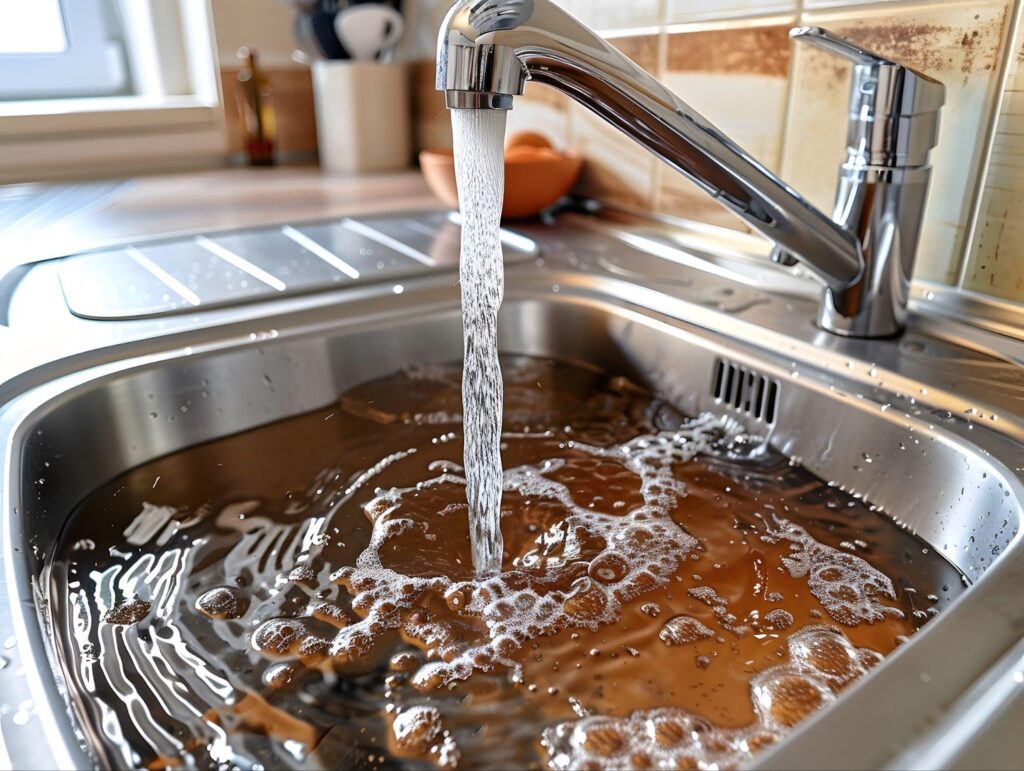
- What specific services do you offer to prevent future backups?
Inquire about the range of preventative services offered, such as regular inspections, cleaning, or the installation of devices like backwater prevention valves. This shows their commitment to long-term solutions rather than temporary fixes.
- How do you handle unexpected complications during a job?
It’s important to know how they deal with unforeseen issues like additional repairs. Ask about their process for evaluating and communicating these situations, including any potential cost adjustments.
- What are your emergency response times and availability?
Understanding their availability and how quickly they respond to emergency calls is crucial, especially if you encounter a sudden backup. Make sure they offer services outside of regular business hours if necessary.
- Do you guarantee your work?
Ask about warranties or guarantees that come with their service. A confident and reliable professional will stand behind the quality of their work with customer assurance policies.
Sewage backup clean up with Restoremasters
Don’t let a sewer backup disrupt your home and peace of mind. Turn to Restoremasters for expert assistance with all your sewage backup clean up needs. Our team of professionals is equipped with the knowledge and tools to prevent potential issues and address any emergencies that arise.
Whether you need routine maintenance to keep your system running smoothly or urgent help during a backup, Restoremasters is here to ensure your home stays clean and safe.
Contact Restoremasters today to learn more about our services and how we can help you avoid the hassle of sewer backups. Let Restoremasters be your trusted partner in maintaining a healthy, hassle-free home environment.

